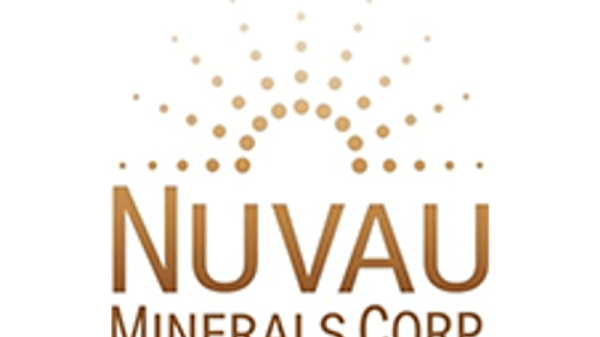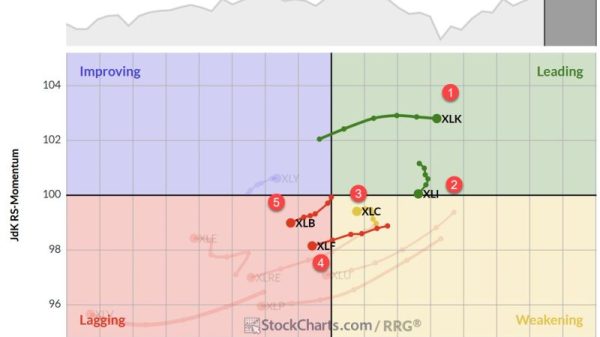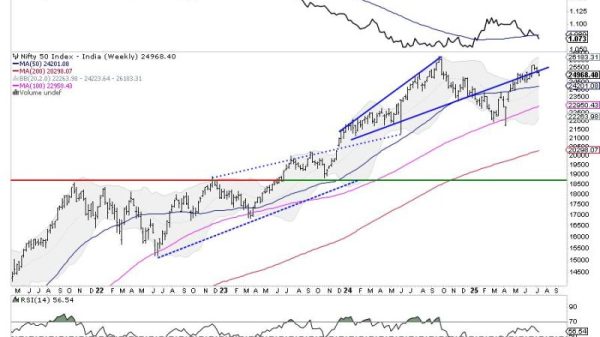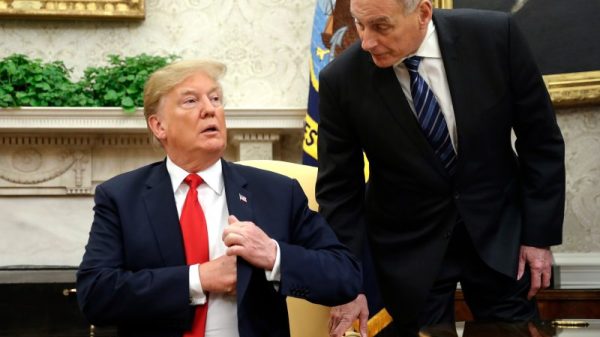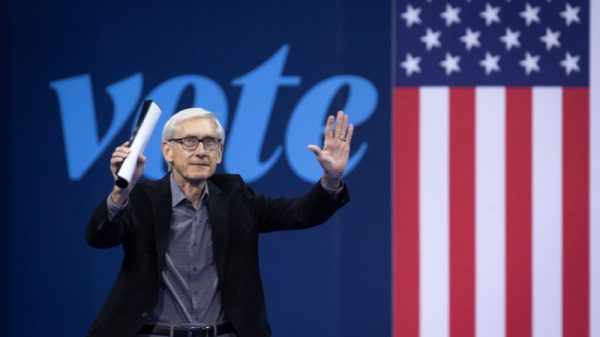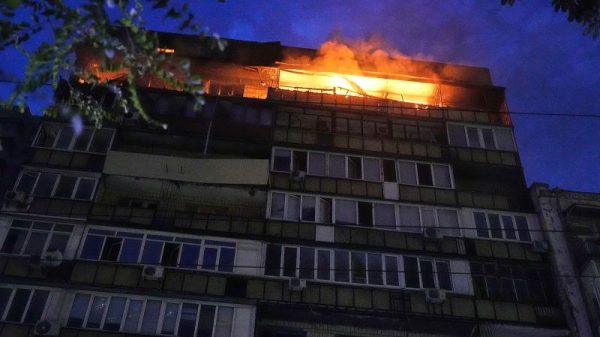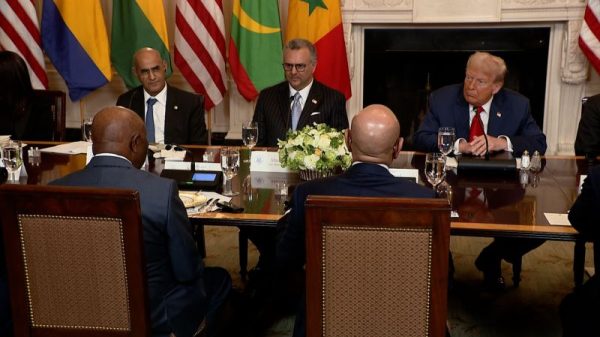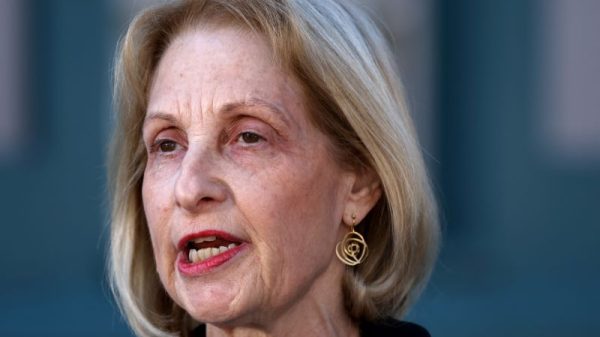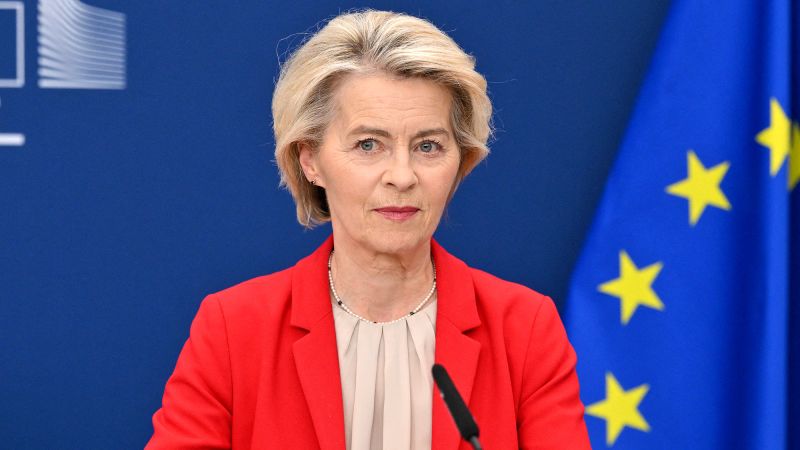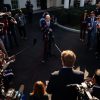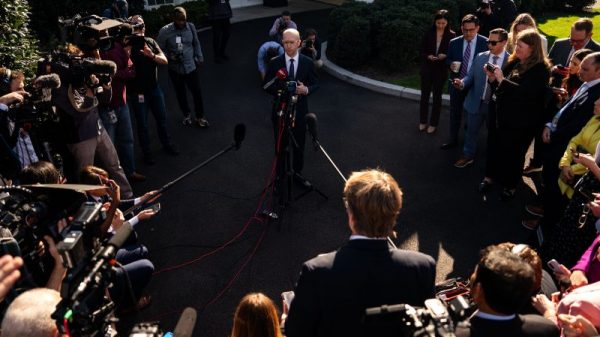The European Union announced a new package of sanctions against Russia on Tuesday, saying that Moscow’s daily deadly attacks against Ukraine show that it is not interested in peace – despite recent diplomatic efforts.
The new package – the 18th since Russia launched its full-scale unprovoked invasion against its neighbor in 2022 – is designed to further target the Kremlin’s ability to make money from its oil and gas production.
The proposal includes lowering the price cap on Russian oil exports from $60 to $45 per barrel and introducing a full transaction ban on Russian banks and financial institutions in third countries that help Russia circumvent existing sanctions.
The EU said it is also proposing a ban on the use of Russian energy infrastructure, forbidding any EU operator from engaging directly or indirectly in any transactions that involve the Nord Stream pipelines.
The new package will need to be approved by the EU’s 27 member states. That could be complicated given previous concerns raised by some more pro-Kremlin governments, such as Hungary and Slovakia, about further sanctions targeting Russia.
While both those countries have previously threatened to block new rounds of sanctions, so far they have ultimately voted in favor of them.
The President of the European Commission Ursula von der Leyen said the sanctions were necessary “because strength is the only language that Russia will understand.”
“We want peace for Ukraine. Despite weeks of diplomatic attempts, despite (Ukraine’s) President (Volodymyr) Zelensky’s offer of an unconditional ceasefire, Russia continues to bring death and destruction to Ukraine. Russia’s goal is not peace, it is to impose the rule of might. Therefore, we are ramping up pressure on Russia,” von der Leyen said at a news conference in Brussels.
The leaders of Germany, France, the United Kingdom and Poland last month told Russian leader Vladimir Putin to agree to a 30-day ceasefire or face possible “massive” sanctions. Putin ignored the ultimatum, proposing instead “direct talks” between Moscow and Kyiv.
But two rounds of talks in Istanbul, Turkey, have made it clear Russia is sticking to its maximalist demands that would essentially equate to Ukraine’s capitulation.
Targeting Russian energy
Explaining why the EU has targeted Russia’s energy sector, the Commission chief said oil exports still represent one third of Russian government revenues.
“We need to cut this source of revenue,” she said.
The oil price cap was introduced by the EU and G7 countries in December 2022.
The cap, which applies to Russia’s seaborne oil exports, prohibits Western companies from providing shipping, insurance and other services needed to export the fuel unless it is priced below the threshold.
By enforcing a price cap, the EU and its allies have tried to diminish a key source of revenue for the Kremlin while still allowing its oil to flow to the global energy market – because cutting Russia’s supplies completely could destabilize the market and cause prices to shoot up.
Von der Leyen said on Tuesday that the price cap needs lowering because global oil prices had fallen since the cap was first introduced and now trade “very close” to the $60 level.
The price of a barrel of Brent crude, the global oil benchmark, has dropped 18% since the price cap on Russian crude took effect on December 5, 2022. It was trading at almost $68 a barrel late morning Eastern Time (ET) on Tuesday.
The bloc also wants to harden sanctions on Russia’s banking sector. Shortly after the invasion, the United States, EU, Britain and Canada jointly banned some Russian banks from the SWIFT messaging service – a high-security network connecting thousands of financial institutions around the world. That has made it far more difficult for those banks to send and receive money from abroad.
Now, the Commission wants to go a step further and prevent any EU operator, such a a business, from conducting a transaction with a list of sanctioned Russian banks. It also plans to add another 22 of Moscow’s banks to that list. Additionally, the bloc wants to extend the transaction ban to financial institutions in third countries that help Russia circumvent existing sanctions.
Von der Leyen said the latest package of sanctions will also broaden the current ban on materials and technologies that can be exported to Russia, adding: “We want to make sure that Russia does not find ways to modernize its weapons with European technologies.”
The sanctions will also include new measures against 22 Russian and foreign companies providing direct or indirect support to Russia’s military and industrial complex.




